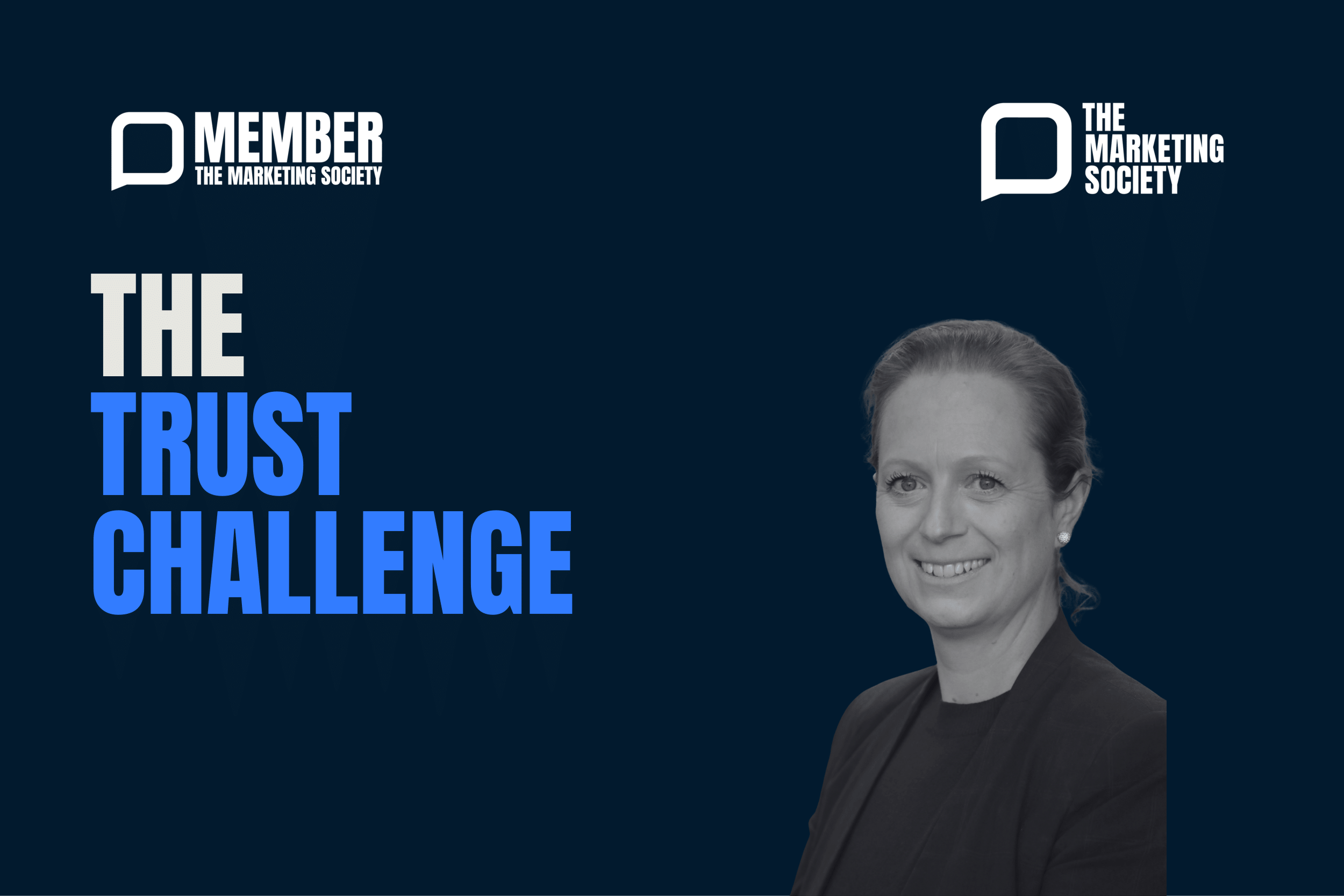Trust is fundamental to effective marketing. It underpins every purchase, investment, and recruitment decision made by every individual, in all walks of life. In B2B marketing trust is even more important than within the consumer world as each decision has a potentially greater impact.
Trust is deeply personal and often influenced by an individual’s underlying fears. To foster confidence businesses must consistently demonstrate reliability, produce positive outcomes and show commitment to supporting their clients and customers.
Members please log in to read the full article.
Members only
Not a member yet?
Want to read more of this article and others? Become a member today.
Already a member?
Sign in with your membership details to continue reading this article.
